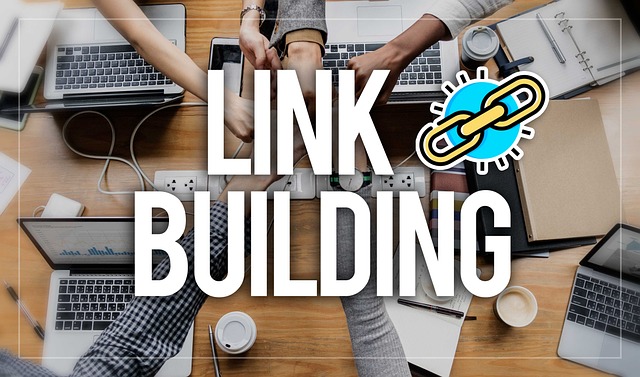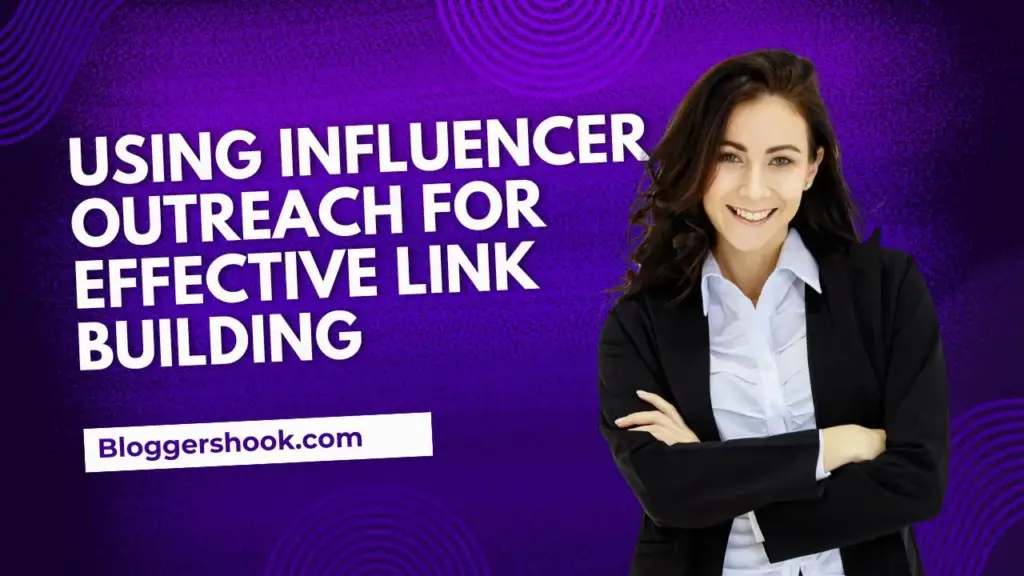Link building is still a key tactic in the always changing field of digital marketing for raising search engine ranks and increasing organic traffic. Traditionally, link building involves reaching out to website owners or bloggers to request backlinks, often in exchange for guest posts, product reviews, or other forms of content. However, with the advent of social media, the dynamics of link building have undergone a significant transformation. Social media platforms, with their vast user bases and interactive nature, offer unique opportunities to build and earn links in a more organic and scalable way.
This article delves into the role of social media in link building, exploring how these platforms can be leveraged to enhance a website’s backlink profile, improve search engine rankings, and ultimately drive more traffic.

Understanding Link Building
Before diving into the specifics of how social media impacts link building, it’s essential to understand the basics of link building itself. Link building refers to the process of acquiring hyperlinks from other websites to your own. These links, also known as backlinks, serve as endorsements of your website’s content, signaling to search engines that your site is a valuable resource. The more high-quality backlinks a website has, the more authority it gains in the eyes of search engines like Google, which can lead to higher rankings in search engine results pages (SERPs).
However, not all backlinks are created equal. The quality, relevance, and authority of the linking website play a crucial role in determining the value of a backlink. For instance, a link from a well-established and authoritative site like Forbes or The New York Times is far more valuable than a link from a relatively unknown blog.
The Intersection of Social Media and Link Building
Social media has become an integral part of the digital marketing ecosystem, providing marketers with a powerful tool to promote content, engage with audiences, and build brand awareness. While social media platforms themselves do not directly influence search engine rankings (as most links on social media are “nofollow” and do not pass link equity), they play a crucial role in the link-building process in several indirect ways.
1. Content Amplification
One of the primary ways social media aids in link building is through content amplification. When you share your content on social media, you expose it to a broader audience, increasing the chances that other websites or blogs will discover it and link back to it. The viral nature of social media can lead to content being shared widely, creating a ripple effect that results in multiple backlinks from various sources.
For instance, if you publish a well-researched article or an insightful blog post and share it on Twitter, LinkedIn, or Facebook, it may catch the attention of influencers, bloggers, or industry experts who may then link to your content in their articles, thereby contributing to your backlink profile.
2. Building Relationships with Influencers
Influencer marketing has become a significant aspect of social media, and it can also play a pivotal role in link building. By engaging with influencers in your niche on social media, you can build relationships that may lead to link-building opportunities. Influencers often have their blogs or websites, and if they find your content valuable, they might link to it, either in their blog posts or on their social media profiles.
Moreover, influencers can amplify your content to their followers, increasing its visibility and the likelihood of earning backlinks from other sources. Engaging with influencers through comments, shares, or direct messages can pave the way for collaborations, guest posts, or mentions, all of which can result in valuable backlinks.
3. Leveraging User-Generated Content
User-generated content (UGC) is another powerful way to build links through social media. Encouraging your audience to create content related to your brand or products can result in a wealth of backlinks. For instance, running a social media contest that requires participants to write a blog post or create a video review can generate numerous backlinks from their websites or social media profiles.
UGC not only provides fresh content that can be linked to but also fosters a sense of community and engagement around your brand. When users share their content, they often link back to the original source, thereby contributing to your backlink profile.
4. Social Signals and Link Building
While social signals (likes, shares, retweets, etc.) are not direct ranking factors, they can indirectly influence link building. High levels of social engagement can lead to increased visibility and traffic, which in turn can result in more backlinks. For example, a piece of content that garners thousands of shares on social media is likely to attract the attention of bloggers, journalists, and other content creators who may link to it in their articles.
Additionally, search engines like Google may use social signals as a secondary factor in determining the relevance and authority of a piece of content. Although the exact impact of social signals on SEO is still a topic of debate, there is no denying that content with high social engagement is more likely to attract backlinks.
Best Practices for Using Social Media in Link Building
To effectively leverage social media for link building, it’s essential to follow best practices that align with both your social media strategy and your link-building goals.
1. Create High-Quality, Shareable Content
The foundation of successful link building, whether through social media or other channels, is high-quality content. Content that is informative, engaging, and valuable to your audience is more likely to be shared and linked to. When creating content, consider what topics resonate with your audience and what types of content (e.g., infographics, videos, in-depth articles) are most likely to be shared on social media.
2. Optimize Content for Social Sharing
To maximize the impact of your content on social media, optimize it for sharing. This includes using compelling headlines, engaging visuals, and clear calls-to-action. Additionally, ensure that your content is easy to share by including social sharing buttons on your website or blog. The easier it is for users to share your content, the more likely they are to do so, which can lead to more backlinks.
3. Engage with Your Audience
Social media is not just about broadcasting your content; it’s also about engaging with your audience. Responding to comments, participating in discussions, and showing appreciation for shares and mentions can help build relationships with your followers. Engaged followers are more likely to share your content and link to it on their websites or blogs.
4. Utilize Social Media Monitoring Tools
To effectively leverage social media for link building, it’s essential to keep track of mentions, shares, and engagement. Social media monitoring tools like Hootsuite, Mention, or BuzzSumo can help you identify opportunities for link building by alerting you when your content is shared or discussed. These tools can also help you identify influencers and potential link-building partners within your niche.
5. Participate in Social Media Communities
Active participation in social media communities related to your industry or niche can also lead to link-building opportunities. Platforms like LinkedIn groups, Reddit, and Facebook groups are great places to share your content, engage with others, and build relationships that may result in backlinks. However, it’s essential to approach these communities with a genuine intent to contribute value rather than merely promoting your content.
6. Track and Analyze Results
As with any digital marketing strategy, tracking and analyzing the results of your social media link-building efforts is crucial. Use tools like Google Analytics to monitor the traffic and backlinks generated from your social media activities. Analyzing this data can help you refine your strategy, identify what’s working, and make informed decisions about where to focus your efforts in the future.
Conclusion
Social media has transformed the way marketers approach link building, offering new avenues for content promotion, relationship building, and community engagement. While social media links themselves may not directly impact search engine rankings, their role in amplifying content, building relationships, and generating user engagement can lead to valuable backlinks that enhance a website’s authority and visibility.
By understanding the intersection of social media and link building and implementing best practices, marketers can effectively leverage these platforms to boost their SEO efforts and drive long-term success. Whether through content amplification, influencer collaborations, or user-generated content, social media provides a powerful tool for building links in today’s digital landscape.


